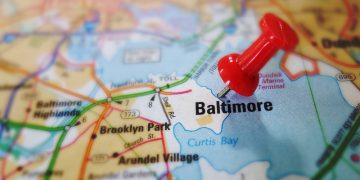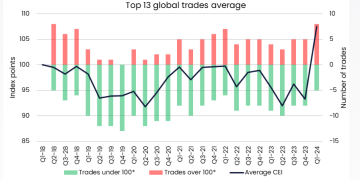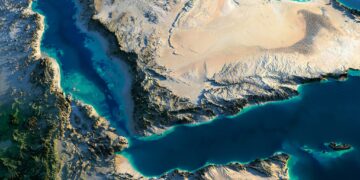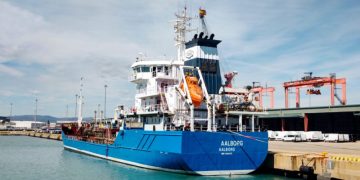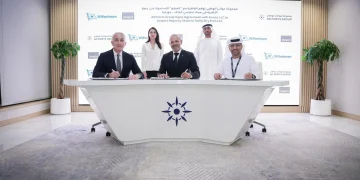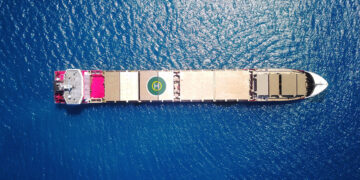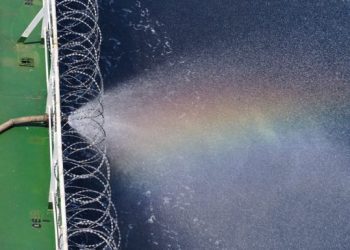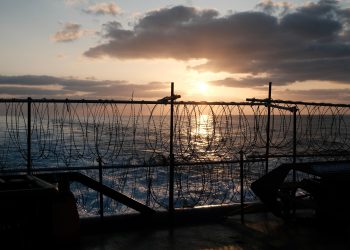Regional conflict and piracy threats continue to pose potential risks to commercial vessels operating in the Red Sea, Gulf of Aden, Arabian Sea, Gulf of Oman, and Indian Ocean, warned the US MARAD.
Firstly, the conflict in Yemen continues to pose a risk to US flagged commercial vessels transiting the southern Red Sea, Bab al Mandeb Strait and Gulf of Aden. Combat operations continue between the Houthis and the Saudi-led Coalition, mainly in the vicinity of Al Hudaydah, Yemen.
Since 2016, Houthi forces have attacked coalition navy and logistics vessels. In May 2018, a missile or rocket damaged a Turkish-flagged bulk cargo vessel while at anchor in the Red Sea awaiting entry into As-Salif, Yemen.
As combat operations continue, potential attacks by Houthi forces continue to pose a direct or collateral risk to US flagged commercial vessels operating in the region.
Additionally, piracy continues to pose a significant threat in the southern Red Sea, Gulf of Aden, Arabian Sea, Indian Ocean, and Gulf of Oman.
Recommendations
- US flagged commercial vessels are advised to avoid entering or loitering near Yemen’s Red Sea ports.
- Vessels at anchor, operating in restricted maneuvering environments, or proceeding at slow speeds should be especially vigilant.
- US flagged commercial vessels transiting the region should conduct a pre-voyage risk assessment and incorporate appropriate protective measures into their vessel security plans.
- Threats may come from a variety of different sources including, but not limited to, missiles, projectiles, mines, small arms, or waterborne improvised explosive devices.
- Vessels in this region should report hostile activities immediately and contact coalition naval forces on VHF Channel 16.
US flagged commercial vessels should also contact the US Fifth Fleet Naval Cooperation and Guidance for Shipping (NCAGS) detachment via the Fifth Fleet Battle Watch Captain at phone: +011 973 1785 3879 or email: [email protected] prior to entering the region.
Suspicious activities and incidents are also required to be reported by US flagged commercial vessels to the US Coast Guard National Response Center at phone: 1-800-424-8802 per 33 CFR Part 101.305.
Vessels operating in this region are also advised to establish contact with the United Kingdom Maritime Trade Office (UKMTO).
The newly released Best Management Practices to Deter Piracy and Enhance Maritime Security in the Red Sea, Gulf of Aden, Indian Ocean and Arabian Sea (BMP5), and Maritime Global Security website at www.maritimeglobalsecurity.org (which contains BMP5) provide excellent security recommendations and should be consulted prior to operating in the above listed geographic areas.
US flagged commercial vessels operating within the High Risk Area, as defined in US Coast Guard MARSEC Directive 104-6, are required to comply with its requirements due to the high risk of piracy, kidnapping, hijacking, and armed robbery in the region. Vessels are further advised to:
– Navigate at least 200 nautical miles from the Somali coast to the extent practicable
– Follow the guidance in BMP5
– Comply with their Coast Guard approved Vessel Security Plan annex on counter piracy




